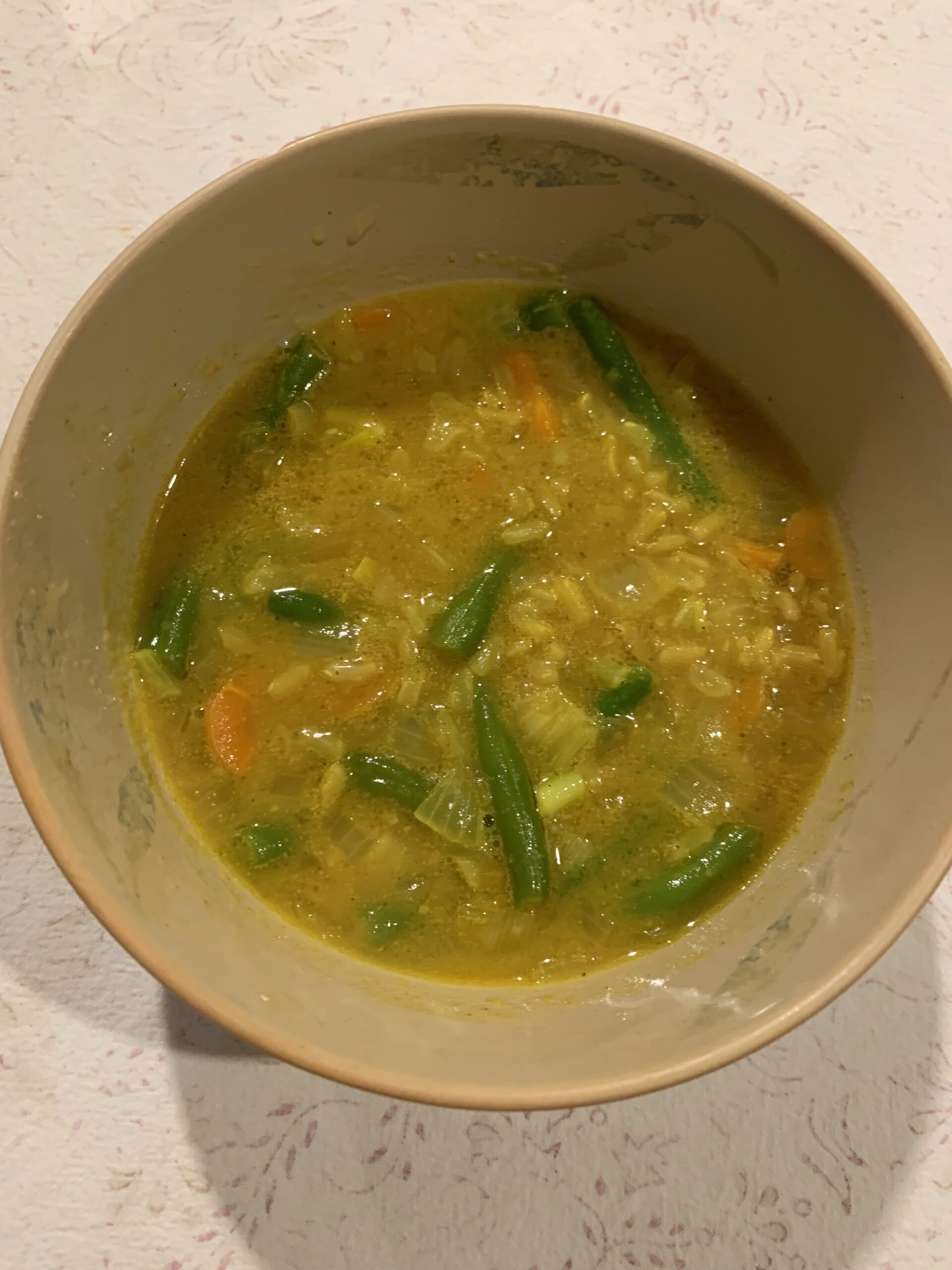Anti-nutrients get lost in the hype of superfood promotion. Anti-nutrients, you say? What are those?
Most people don’t know, and if they are eating the standard American diet it is likely not an issue for them because these anti-nutrients are not in animal foods and are much lower in most highly refined foods such as white flour, sugar and oils. But what if you are food conscious and working towards improving your health by “cleaning up” your diet? Perhaps you are making it more “plant-based” with almond or cashew milk, green smoothies, sweet potatoes and chia seeds. Before you dive into the world of “superfoods”, you need to know about anti-nutrients.
Anti-nutrients are natural compounds in plants that the plant makes to protect and promote growth in itself or its seeds. They are present in seeds, leaves and roots/tubers of various plants–some plants/plant parts having very high amounts of various anti-nutrients, especially seeds. The reason we need to be aware of them is that they can make us sick and deficient in various nutrients. If you think about it, this makes sense as a protective mechanism for the plant. The plant wants not to be eaten by an animal and wants to give its seeds stores of nutrients so they will grow later on. Anti-nutrients such as phytates, enzyme inhibitors, oxalates are examples of how plants guarantee survival when good conditions for growth occur in its environment. They have been known about and researched extensively for many decades and animal studies give us really clear examples of their possible negative impact on human health.
So the nutrient facts on the label of a food product may list so many milligrams of calcium in a serving but you may not absorb all or any of that calcium if anti-nutrients are also present in the meal. Wow! That means you think you are getting all this wonderful nutrition plus the phyto wonder compounds that are touted as miracle ingredients in the product infomercials, and you could be losing nutrients!
One anti-nutrient, oxalic acid, is the topic of a recent book, “Toxic Superfoods” by Sally Norton. If you have had kidney stones, you definitely want to read this book to know what foods to avoid to reduce the formation of stones. Some of the foods with the highest amounts of oxalic acid are spinach, swiss chard, beet greens, sweet potatoes, quinoa, buckwheat, dark chocolate, almonds and chia seeds! And it is possible that other health problems superfood eaters–especially vegans or vegetarians-suffer from are related to an accumulation of oxalic acid in their organs, glands, muscles, eyes, etc.
In summary, in my experience studying nutrition over the years, animal foods are an important part of the human diet. Plants are very valuable too–please don’t misunderstand– but consumers need to be educated in finding the right balance. If you are unsure about your diet and its anti-nutrient content and the effect they could be having on your health, make an appointment for a nutritional consult. We’re here to help.


